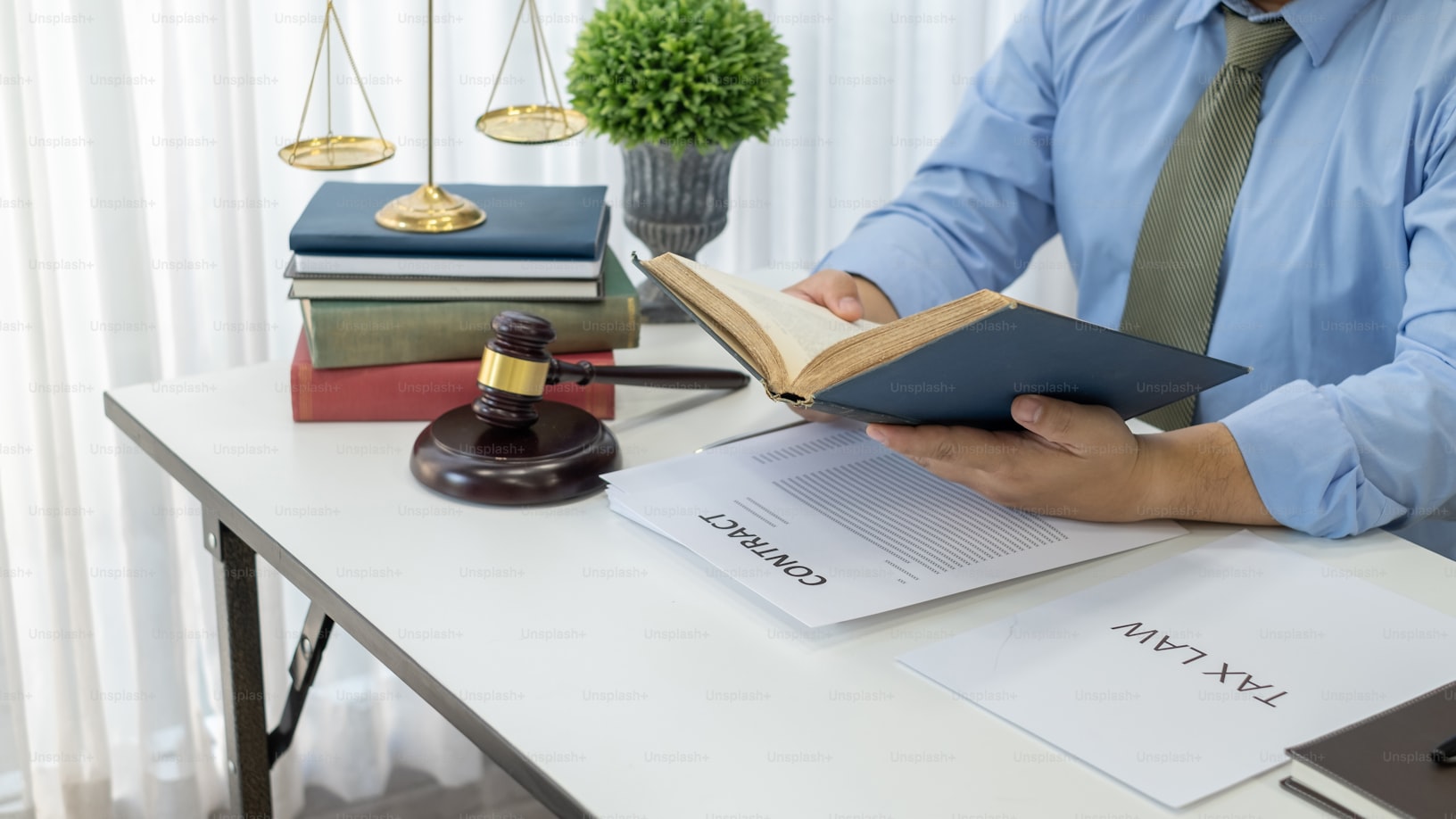Understanding the Basics of Legal Drafting
Legal drafting is the process of creating written legal documents, such as contracts, wills, and statutes. These documents must be precise, clear, and unambiguous to avoid misunderstandings and legal disputes. Effective legal drafting requires a deep understanding of legal principles, grammar, and writing style.
Key Components of a Well-Drafted Legal Document
A well-drafted legal document should include the following components:
- Clear and concise language: Avoid legal jargon and complex sentence structures. Use plain language that is easy to understand.
- Specific terms: Use precise and specific terms to avoid ambiguity.
- Proper grammar and punctuation: Ensure that your document is grammatically correct and uses proper punctuation.
- Logical organization: Arrange the information in a clear and logical manner.
- Consistent formatting: Use consistent formatting throughout the document to improve readability.
Common Legal Drafting Mistakes
- Ambiguity: Avoid using vague or ambiguous language that could be interpreted in multiple ways.
- Redundancy: Eliminate unnecessary words and phrases to make your document more concise.
- Inconsistent formatting: Use consistent formatting throughout the document to improve readability.
- Legal jargon: Avoid using legal jargon that may be unfamiliar to non-lawyers.
Tips for Effective Legal Drafting
- Understand your audience: Consider the knowledge level and background of the people who will be reading your document.
- Use plain language: Avoid legal jargon and complex sentence structures.
- Be specific: Use precise and specific terms to avoid ambiguity.
- Proofread carefully: Review your document carefully to ensure that it is free of errors.
- Seek feedback: Ask a colleague or legal professional to review your document and provide feedback.
The Importance of Legal Review
Once you have drafted a legal document, it is important to have it reviewed by a legal professional. A legal review can help to identify potential errors and omissions and ensure that the document complies with all applicable laws and regulations.
Conclusion
Effective legal drafting is essential for creating clear, concise, and legally sound documents. By following the tips and guidelines outlined in this article, you can improve your legal drafting skills and produce high-quality documents that meet your needs.





